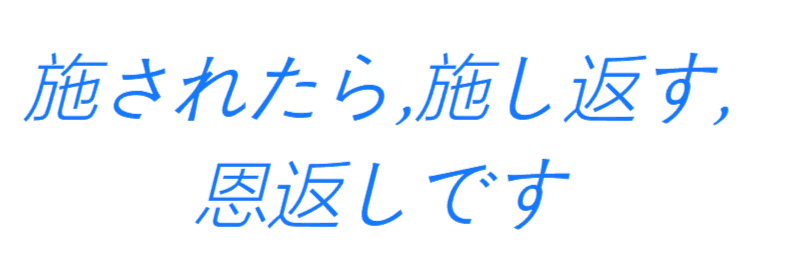Pure Brightness 清明
- On the 4th or 5th of April every year, when the Sun travelling to 15° celestial longitude is the Pure Brightness. Qing Ming in Chinese means clear sky and bright earth. Fucha Dunchong of the Qing Dynasty wrote that :“all living things grow up during this period which is clean and bright, known as Qing Ming.”
- 每年的 4 月 4 日或 5 日,太阳运行至黄经 15° 时为清明。所谓“清明”,有天清地明之意。清代富察敦崇曾写道:“万物生长此时,皆清洁而明净。故谓之清明。”
- The Pure Brightness is not limited to a Solar Term now, but also a traditional festival for Chinese people to offer sacrifices to their ancestors. It originated from the feudal ritual of worshipping the ancient emperor's mausoleum, approximately early in the Zhou Dynasty. After that, it has been inherited as an important sacrificial festival. The Pure Brightness festival includes abundant folk activities, like fire forbidding, tomb sweeping, spring outing, kite flying, swinging and Tzu-Chu.
- 如今的清明不仅是节气,还是中国纪念祖先的传统节日。清明节大约始于周代,源于古代帝王将相的“墓祭”之礼。经历代沿袭,成为重要的祭祀节日。除了要禁火、扫墓祭祖之外,清明节还有许多丰富多彩的活动,如踏青郊游、放风筝、荡秋千、蹴鞠等民俗活动。
- The Pure Brightness obtained no other meaning than a Solar Term initially. However, people combined it with Cold Food Festival based on their similar dates. Before the Tang Dynasty, they shared considerably different connotation. On the Cold Food Festival, fire was banned to remember past times and mourn for the dead; compared with that, the sacrificial activity on the Pure Brightness was for blessing the living. The combination turns the Pure Brightness into a fixed day for worship without fire, and people can only eat cold food on that day.
- 但最初清明节只是一个节气,但是由于清明和寒食节时间相近,于是这两个节日就合二为一了。唐代以前,寒食和清明是在内涵上有明显区别的两个节日。寒食节禁火,怀旧悼亡;而清明节祭亡,是为了佑生。寒食节和清明节合二为一,清明节便成为了固定祭祀的日子,也不动烟火,只食冷食了。
- Chinese people still hold the tradition of sweeping the tomb with joss sticks and paper, candles, drinks, food and fruits to express their heart of worship towards ancestor on the Pure Brightness. People offer food before the tomb, incinerate the joss paper, light candles, put fresh earth on and kowtow to the tomb, to express their condolences to the departed relatives.
- 每当清明节,人们就会携带香烛纸钱、酒食果品去祭祖扫墓。人们把食物供奉在墓前,点燃香烛,焚化纸钱,为坟墓培上新土,行作揖叩拜之礼,以表达对已逝亲人的思念哀悼之情。
- Since ancient times, these outdoor activities on the Pure Brightness have been prevailing. People also fly various kites in spacious areas and usually cut the string and let the kite fly away, implying the meaning of eliminating disease and disaster. Swing is also a traditional game in China. Initially, people tied colored belts on the branches, and after years’ evolution, it developed to the pedal swing with two ropes, which is still favored by Chinese people, especially for children.
- 中国古代就有清明踏青的习俗,人们还会来到广阔的空地上放各式各样的风筝,将手中的线剪断,让风筝随风飘走,寓意消除病痛和灾难。荡秋千也是我国清明时传统的游戏。最初人们将彩带系在树枝上,后来发展成两根绳索加上踏板的秋千。荡秋千至今仍为人们尤其是儿童所喜爱。
Vocabulary
- mausoleum /ˌmɔːsəˈliːəm/ : n. 陵墓(引申指帝王陵墓);阴森森的大厦
- no other than: adv. 只有;就是 There is no other goal than to save souls. 我的目标就是解救灵魂。
- connotation /ˌkɒnəˈteɪʃn/ : n. 内涵;含蓄;暗示,隐含意义
- mourn /mɔːn/ : v. 哀悼;忧伤;服丧
- joss /dʒɒs/ : n. 佛像;偶像
- incinerate /ɪnˈsɪnəreɪt/: vi. 把……烧成灰;烧弃
- condolence /kənˈdəʊləns/: n. 哀悼;慰问


